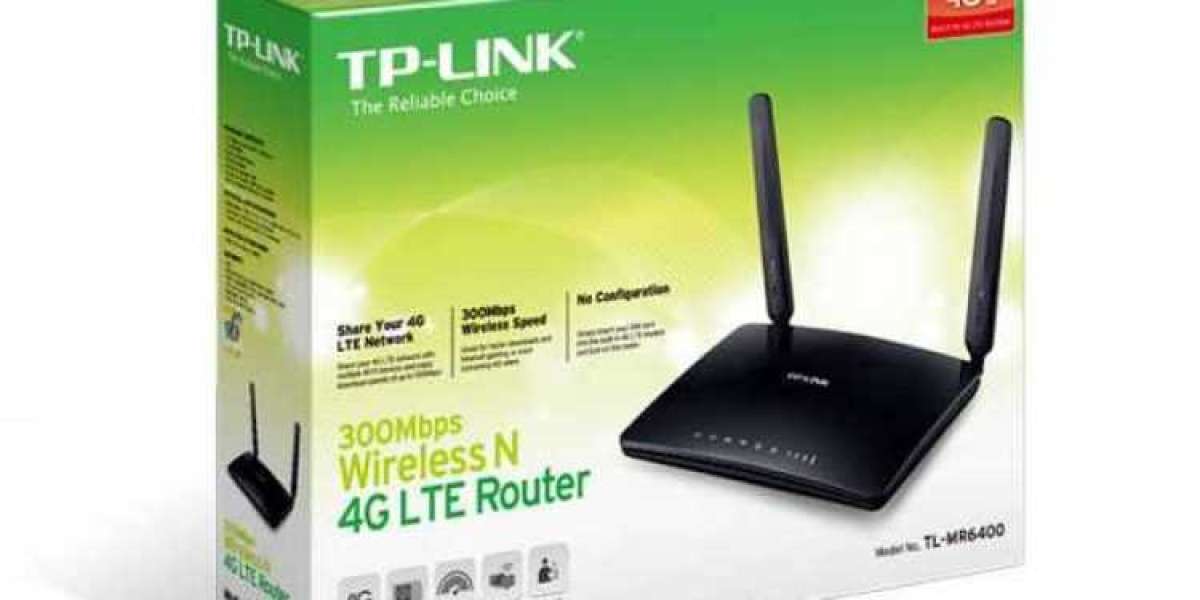A 4G router is a device that connects to a 4G mobile network, providing internet access to multiple devices, such as smartphones, tablets, and laptops. Unlike traditional routers that rely on fixed broadband connections, 4g Routers utilize cellular data, making them portable and versatile.
How 4G Routers Work
4G routers function by using a SIM card to connect to the mobile network. They receive data from the cellular tower and transmit it via Wi-Fi or Ethernet to connected devices. This allows for fast internet access wherever there is 4G coverage.
Advantages of 4G Routers
High-Speed Connectivity
4G routers offer download speeds significantly higher than those of 3G networks, often reaching up to 100 Mbps or more, depending on the network conditions and the router’s capabilities. This makes them ideal for streaming, gaming, and large downloads.
Portability and Convenience
One of the primary benefits of 4G routers is their portability. They can be easily moved from one location to another, making them suitable for travelers, remote workers, and people living in areas with limited fixed broadband options.
Easy Setup
Setting up a 4G router is usually a straightforward process. Simply insert a SIM card, power on the device, and connect your devices to the router’s Wi-Fi network. This ease of use makes 4G routers appealing to non-technical users.
Multiple Device Connections
Most 4G routers can connect multiple devices simultaneously, allowing households or small offices to share a single data connection without compromising speed or performance.
Types of 4G Routers
Portable 4G Routers
These compact devices are battery-operated, allowing users to access mobile internet anywhere. They are perfect for travelers and those who need internet connectivity on the go.
Fixed 4G Routers
Designed for home or office use, fixed 4G routers typically have external antennas for better reception and higher speeds. They often support more devices and provide enhanced stability compared to portable versions.
4G LTE Modems
Some devices combine the functionality of a modem and router, allowing users to connect directly to a computer or laptop. These are often used in situations where Wi-Fi is not necessary.
Applications of 4G Routers
Home Internet Access
4G routers provide a viable alternative to traditional broadband, particularly in rural or underserved areas. They can serve as the primary internet connection for households, ensuring reliable access for all members.
Business Connectivity
For businesses, 4G routers can facilitate remote work by providing secure, high-speed internet access for employees working from various locations. They are also useful for temporary setups, such as pop-up shops and events.
IoT Devices
4G routers play a crucial role in connecting Internet of Things (IoT) devices. They can support smart home systems, security cameras, and other connected devices, enhancing the functionality of these technologies.
Emergency and Disaster Recovery
In situations where traditional internet infrastructure fails, 4G routers can serve as a backup connectivity solution, ensuring communication remains possible in emergencies.
Choosing the Right 4G Router
Consider Your Needs
When selecting a 4G router, consider your specific needs. Are you looking for portability, or do you need a device for home or office use? How many devices will connect simultaneously?
Speed and Coverage
Check the router’s specifications for supported speeds and ensure it is compatible with your mobile network provider. It’s also important to verify the coverage area for reliable connectivity.
Battery Life
For portable routers, battery life is a critical factor. Look for devices that offer long battery performance if you plan to use them frequently while traveling.
Security Features
Ensure the router has robust security features, such as WPA3 encryption and firewall protection, to safeguard your data and connected devices.
Future of 4G Routers
Transition to 5G
As 5G technology continues to roll out, many 4G routers will likely be upgraded to support 5G networks, offering even faster speeds and lower latency. This transition will further enhance the capabilities of mobile internet.
Evolving Applications
With the increasing reliance on mobile technology, the applications of 4G routers are expected to grow. They will play a significant role in advancing IoT, smart cities, and telemedicine, making reliable connectivity even more essential.
Conclusion
4G routers have revolutionized the way we access the internet, offering high-speed connectivity, portability, and ease of use. As technology continues to evolve, these devices will remain integral to our daily lives, bridging gaps in connectivity and supporting a range of applications. Whether for personal use, business, or emergency situations, 4G routers provide a reliable solution to meet our ever-increasing demand for internet access. As we look toward the future, embracing advancements such as 5G will ensure that we stay connected, no matter where we are.







